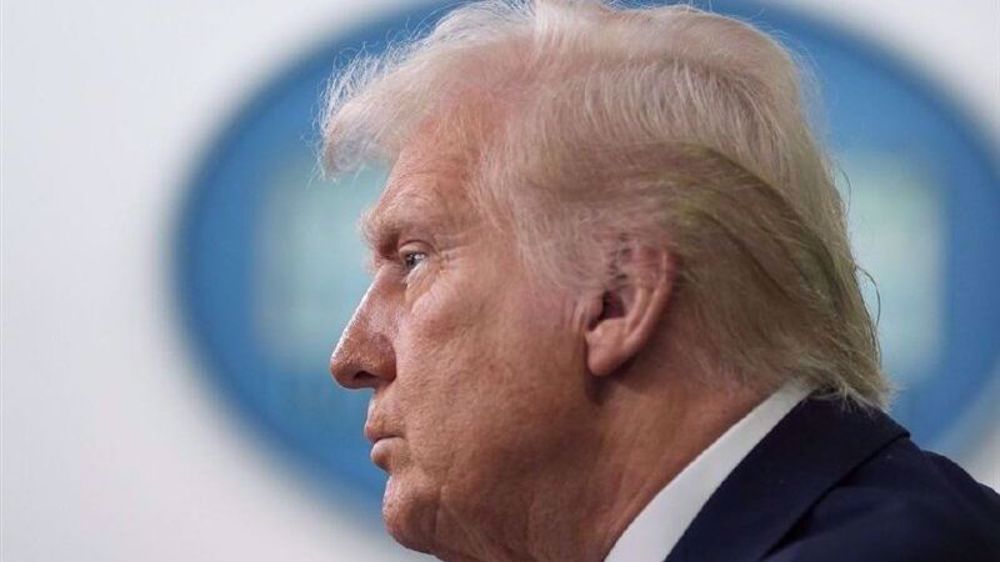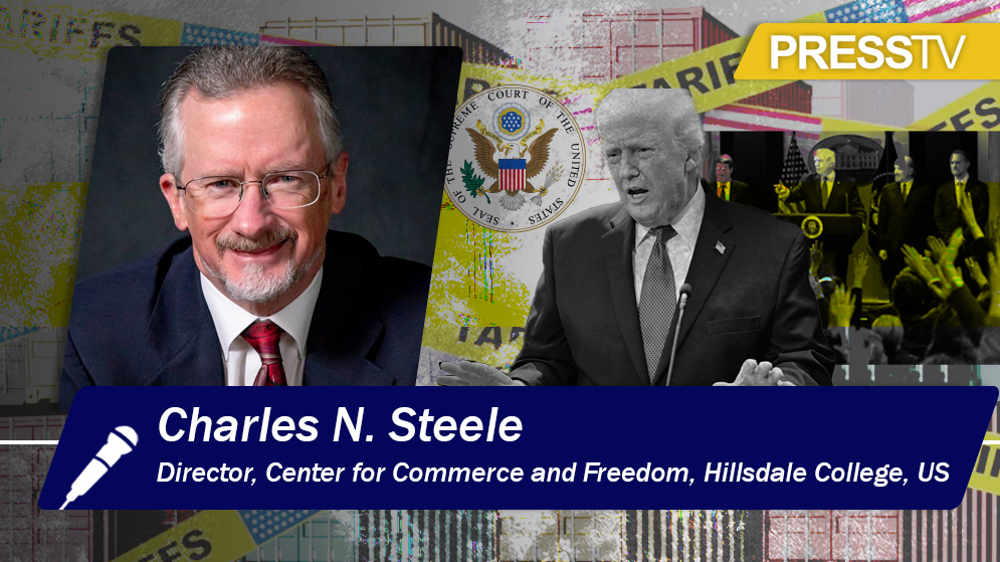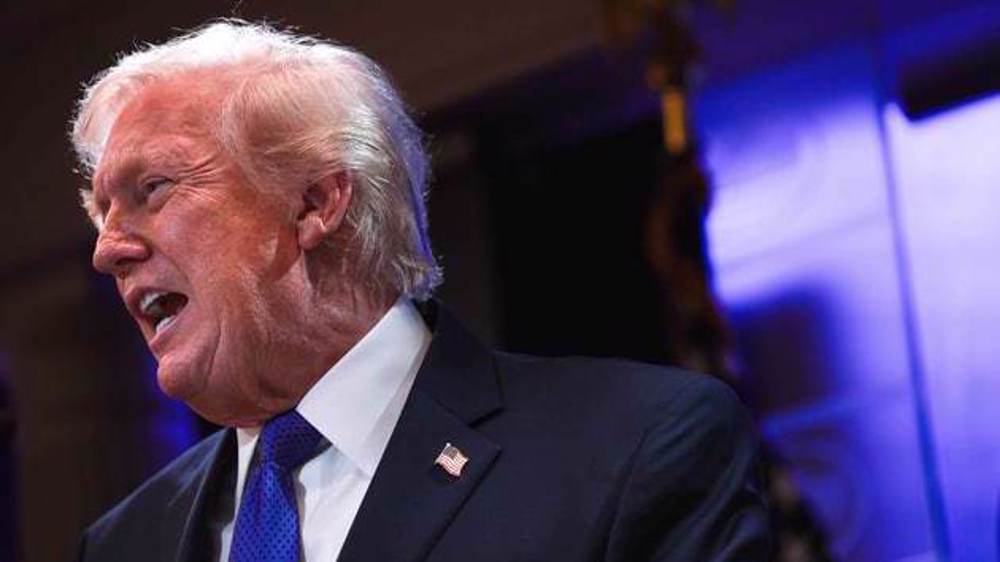Financial firms raising alarm over US debt ceiling
American financial firms are expressing alarm over fears that an increasingly dysfunctional US Congress may fail to reach an agreement to raise the country’s debt ceiling.
Bitter divisions among Republican Party lawmakers and President Donald Trump’s unpredictability could rule out a deal to raise the US debt limit before an October deadline, several lobbyists representing dozens of bankers, investors and credit rating agencies, told Reuters.
Trump’s attacks on members of his own party and his failure to denounce white supremacists at a violent protest in Charlottesville, Virginia, this month, has raised questions over the president’s ability to build consensus on the debt limit, one bank lobbyist said.
“Everyone is very worried,” he added.
The debt ceiling is a legislative limit on how much money the federal government can borrow from the US Treasury Department to fund its budget deficits and meet financial obligations.
“The stakes here are incredibly high. The economic impact associated with debt default is so immense,” said Rob Nichols, president and CEO of the American Bankers Association (ABA), one of the country’s key financial lobby groups.
“We’re monitoring this extremely closely and we will mobilize as needed throughout September,” he added.
US Treasury Secretary Steven Mnuchin urged lawmakers in July to raise the limit by September 29, otherwise the US government might not have enough money to pay all its bills.
Mnuchin said on Sunday that relief funding for the devastation caused by Hurricane Harvey might be delayed if Congress does not quickly increase the government's debt limit.
Failure to increase the cap from the current $19.8 trillion could lead to default, sending shockwaves across global markets.
Goldman Sachs, an American financial services company, estimated that failure to raise the ceiling would force a government spending cut equal to between 3 and 4 percent of US gross domestic product, which would have crippling economic consequences.
Many conservative Republicans have indicated they will only vote for a debt limit bill that contains promises of federal spending cuts.
The US has faced several debt-ceiling crises in recent years. The now-notorious 2011 crisis led Standard & Poor’s (S&P), the world's largest rating agency, to downgrade the credit rating of the US government for the first time in the country's history.
S&P warned last week that failure by Congress to lift the debt ceiling would likely be “more catastrophic” than the collapse of Lehman Brothers in 2008 that led to the global financial crisis.
VIDEO | Press TV's news headlines
Palestinian factions denounce US for offering ‘consular services’ inside West Bank settlement
Iran, Oman FMs meet ahead of third round of indirect nuclear talks with US
VIDEO | UN commemorates Mother Language Day with celebrations
VIDEO | Pakistan, Afghan Taliban trade accusations after border clash
VIDEO | Venezuela races against time to rebuild homes bombed by US
Ex-IAEA chief warns US of ‘horrific’ costs of war on Iran
India’s Modi visits occupied territories to deepen ties with Israel despite Gaza genocide
















 This makes it easy to access the Press TV website
This makes it easy to access the Press TV website